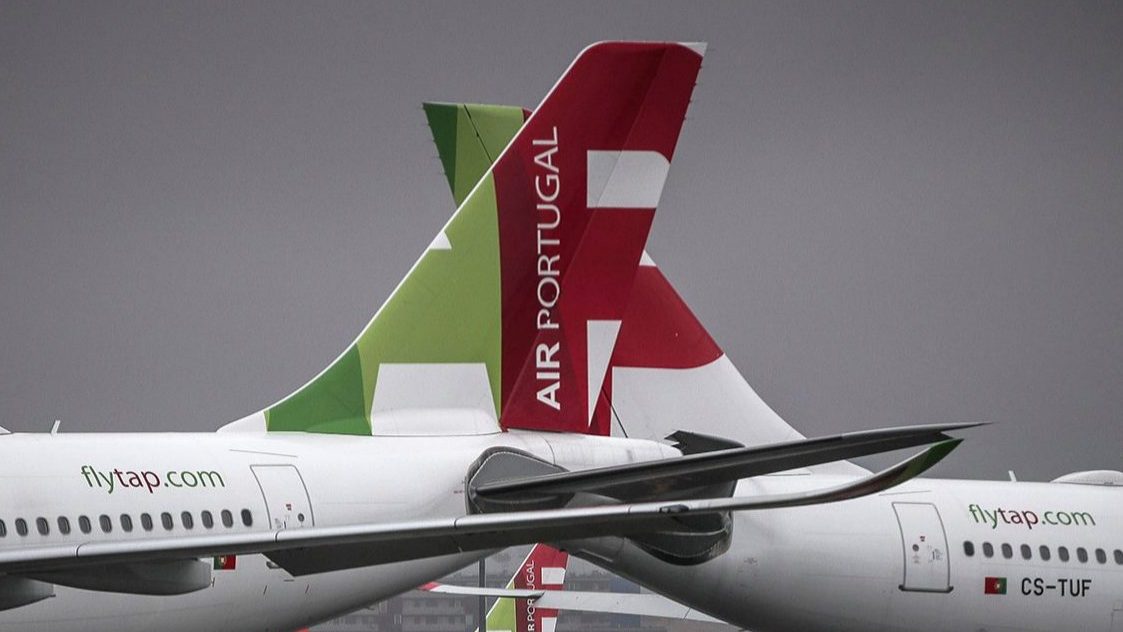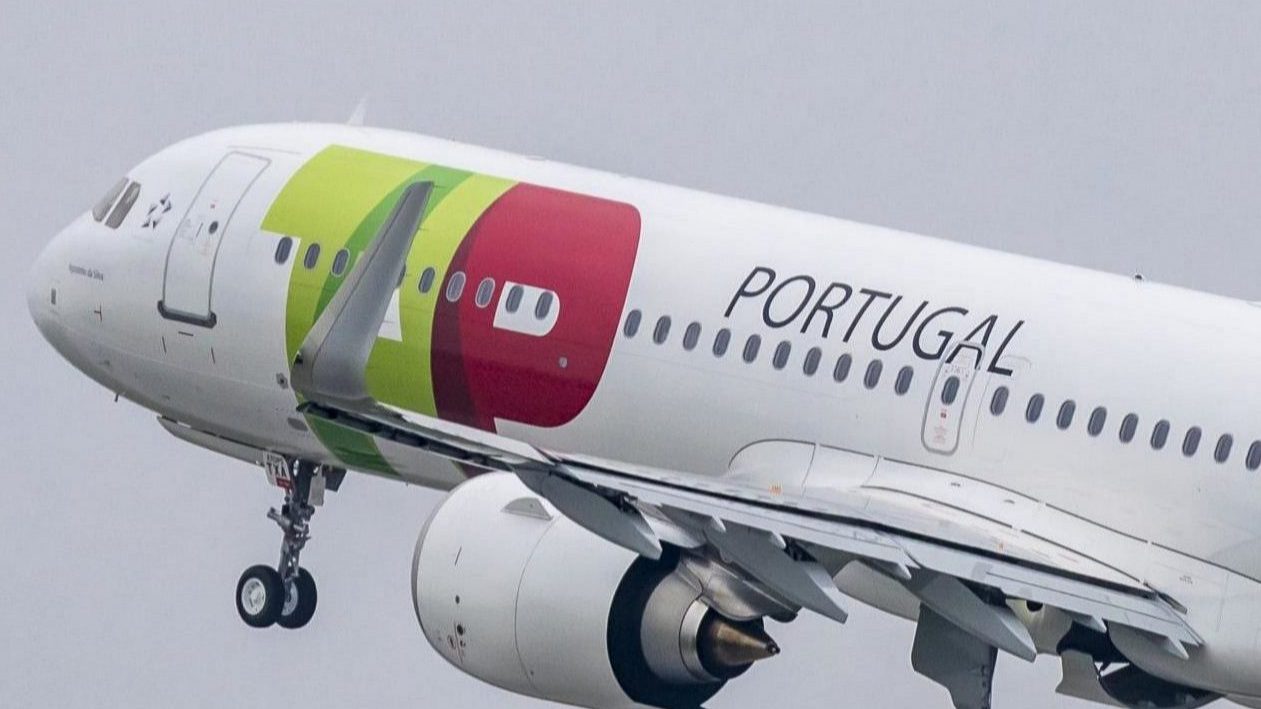TAP unions believe summer will be more complicated than usual
"We think it will be a complicated summer, no doubt about it, more complicated than normal," said João Leão at the TAP enquiry committee, about the lack of workers at the airline.
The leader of Portugal’s Independent Airline Pilots Union (SIPLA) has predicted a more complicated than normal summer operation at TAP and considered that “there has always been a certain slackness” in medium and long-term plans.
“We think it will be a complicated summer, no doubt about it, more complicated than normal,” said João Leão, in response to social democrat MP Paulo Moniz, at the TAP enquiry committee, about the lack of workers at the airline.
Also asked about the reversal of salary cuts, João Leão said that the union had made contacts on the issue, but the response from the ministry was that this “will only be possible after the new company agreements have been signed”.
For the SIPLA leader, who represents the pilots of Portugália, which was bought by TAP in 2007, “there has always been a certain lack of focus on TAP’s medium and long term plan, including Portugália in this plan”.
SIPLA believes that it should be defined “once and for all” if Portugália “is TAP 100%” or if it is to be used as a partner, he said.
When asked about constraints at Lisbon airport, which is managed by ANA/Vinci, the union member acknowledged that there were concerns related to the airport manager’s actions, regarding the allocation of boarding and disembarkation slots to other airlines, despite TAP having most of the slots at Portela.
“It would make perfect sense to have some differentiated treatment here so that there is better management of the operation. We don’t know if it’s a lack of payment or overpayment by other airlines. We don’t know. The operation becomes much easier when ground handling is done through air bridges”, he explained.
Asked about Ryanair, João Leão considered that low-cost airlines “are fierce competition” for traditional airlines and, in this respect, Portugália could be a possible competitor to the low-cost airlines in point-to-point flights.
“But for that, perhaps the fleet would have to be changed in order to have planes more capable of competing against those companies,” he admitted.

